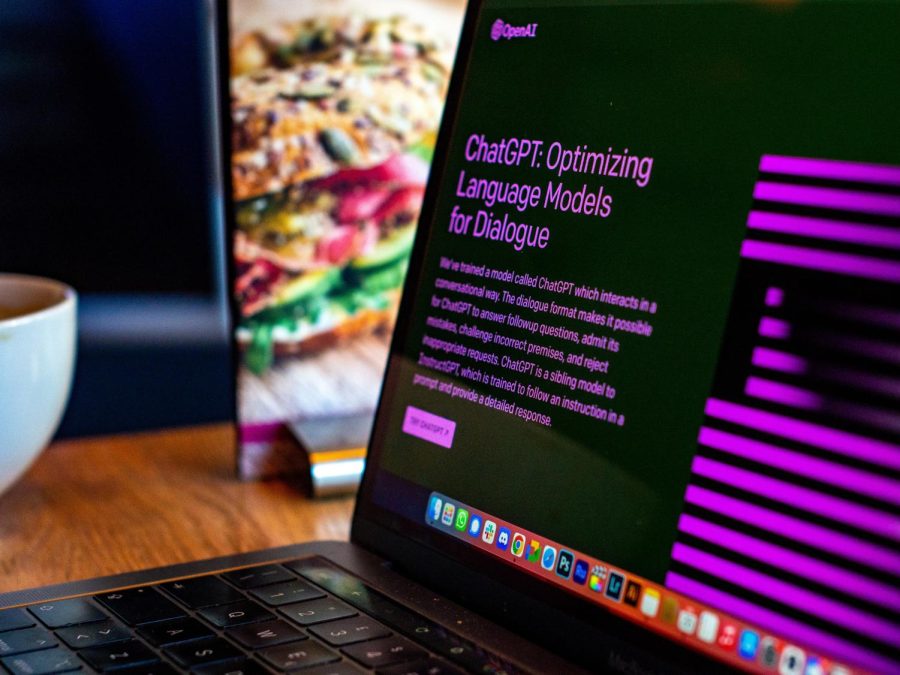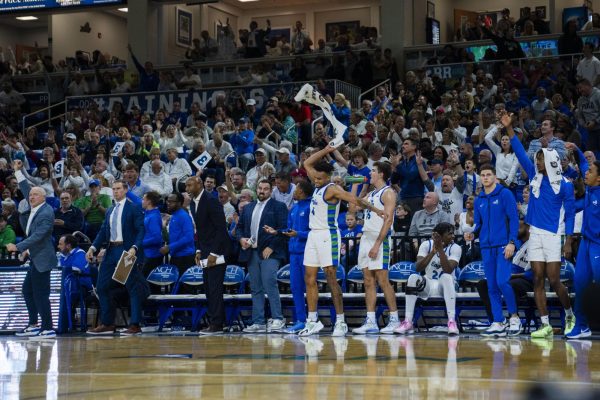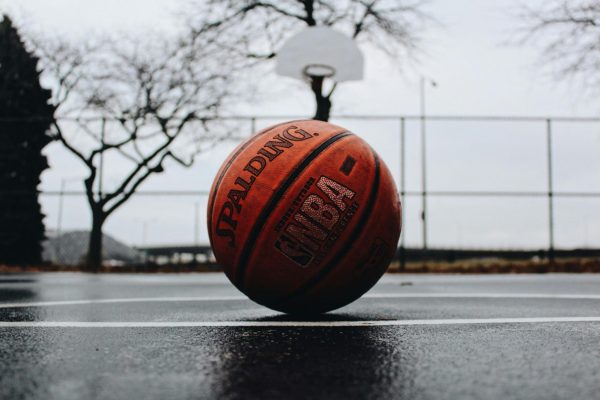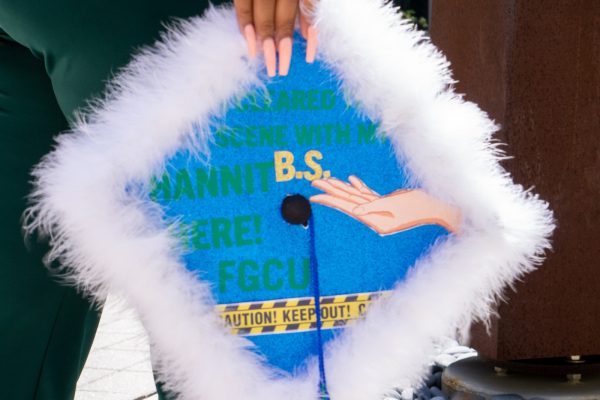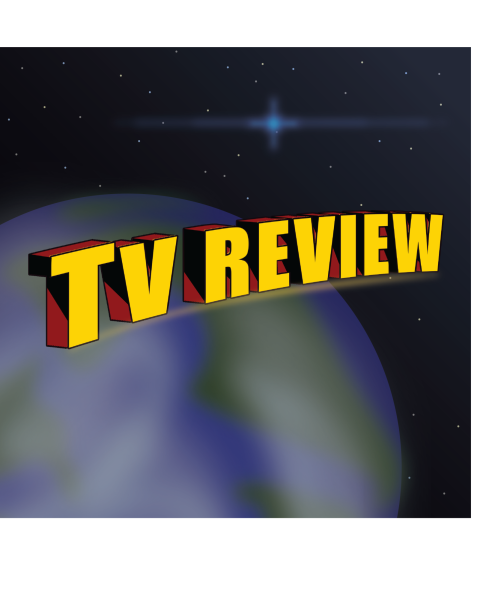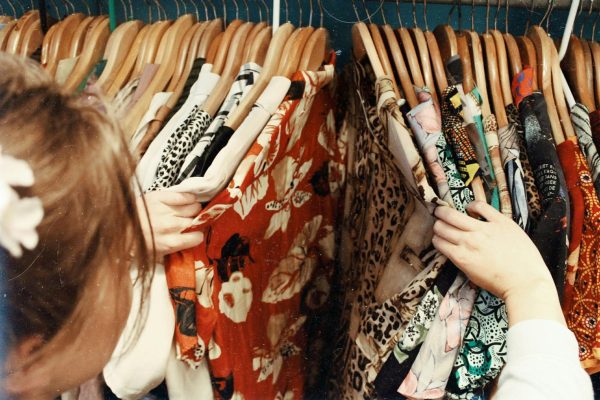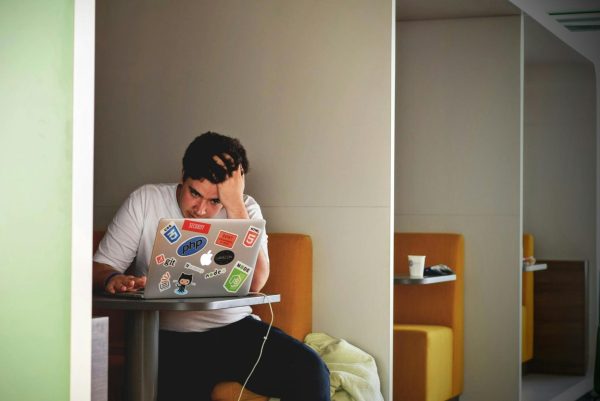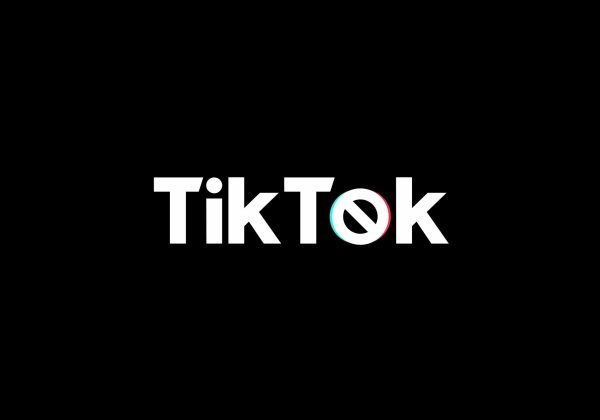The Future of Creative Careers is at Stake
April 12, 2023
With the increasing integration of advanced technology, artificial intelligence (AI) is at our fingertips, posing a potential threat to people in creative professions.
AI was introduced to complete repetitive and unimaginative tasks, but over the last decade, it has become progressively more intertwined in our digital lives. It governs social media platforms, such as Instagram and TikTok, and their algorithms. It also drives search engines including Google and Safari.
The use of AI in our day-to-day lives is increasing, but the software’s inherent intelligence is steadily expanding. At the end of Nov., AI and a research company, OpenAI, publicly launched its chatbot, ChatGPT. Its release immediately sparked an uproar of both acclaim and skepticism.
ChatGPT is a natural language processing tool that, when prompted, can automatically generate, written responses through conversational dialogue. It is designed to produce a variety of content. It ranges from writing emails and essays to explaining code and solving complex math problems.
Young adults began experimenting with ChatGPT on TikTok, resulting in its emergence as a viral sensation. Shortly thereafter, students began entering their assignment prompts and noticed that it could produce full-length, coherent essays with minimal error.
However, the real kicker is that these responses don’t appear automated or robotic, but rather “eerily human-like.” Only five days after its release, ChatGPT reached one million users, according to a Dec. 5 tweet from OpenAI co-founder, Sam Altman.
ChatGPT has rewritten the narrative of AI and could revolutionize the way we communicate online. My career aspirations have never been motivated by money. My passion for connecting with others and hearing their stories, married with my skills in writing and grammar, inspired my pursuit of communications and journalism.
Storytelling is a powerful tool as so much value lies in the written word. As a college student, who has devoted much of her time, energy and money to the artistry of writing and editing, ChatGPT raises major concerns for my career. Researching, writing, editing and proofreading are coveted skills in the professional arena, but with ChatGPT, these once-human abilities are now being handed off to computers. Artists, musicians, writers, designers, journalists and numerous other creatives are also in jeopardy of obsolescence.
AI is rapidly evolving and bleeding into every area of our lives. ChatGPT is appealing, for sure. It replaces paid human labor with free automated services. It designates more time for “important” tasks. But ultimately, its costs are greater than its benefits.
Language is not only how humans interact with one another, but it is a lens through which we understand ourselves and the world around us. Living at the whim of computer-generated responses moves humanity further away from authenticity and closer to conformity. We lose the richness of learning. We lose the ability to think critically. We lose the passion for creativity and expression.
Although its accessibility and potential manipulations are exciting, I fear the impact this new era of AI could have on those in or entering creative professions – myself included.
































